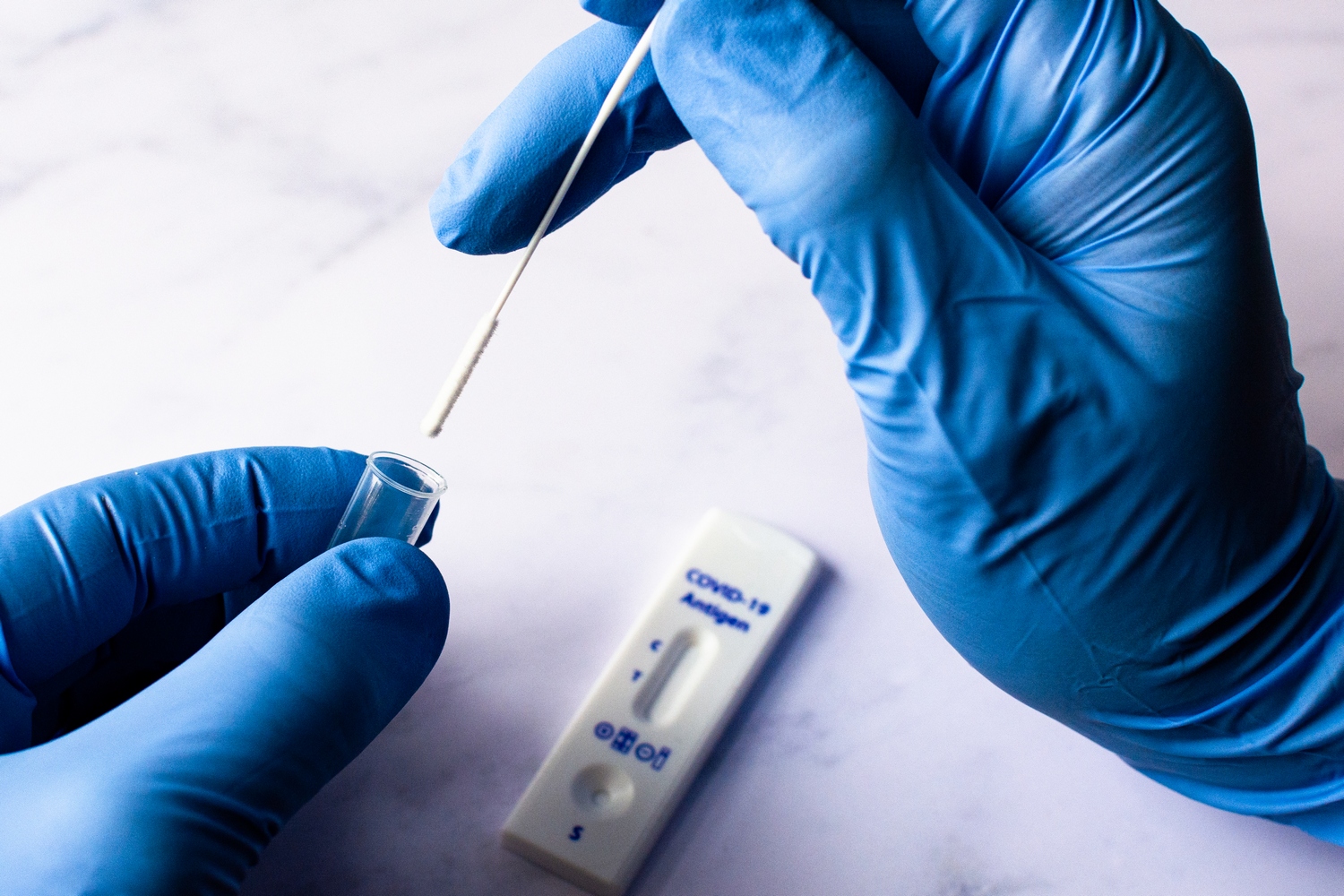According to a recent IZA discussion paper by Janos Gabler, Tobias Raabe, Klara Röhrl and Hans-Martin von Gaudecker, rapid tests effectively broke COVID-19 infection chains in spring 2021. Using an agent-based simulation model focused on physical contacts between people, the research team found that rapid tests reduced the number of infections in Germany by more than 40 percent in May alone, while the sharply rising vaccination rates played a minor role, being responsible for only 16 percent of the decline.
The authors advocate further use of rapid testing as an important an relatively inexpensive tool to contain the pandemic as long as vaccination rates are still too low. They attribute its effectiveness to the fact that rapid tests reduced contacts in case of a positive result—in contrast to vaccinations. The seasonality of the virus, i.e. external conditions such as temperature and humidity and, consequently, the extent to which people meet outdoors rather than indoors—had a similar impact as testing.
Previous research from the IZA network
Several other IZA discussion papers have looked at the effects of antigen testing and provided encouraging results as well.
- A study from Slovakia, where nearly the entire population was tested once, and only certain districts were re-tested later, found that repeated mass antigen testing reduced infections by about 25-30% and decreased R0 by 0.3 two weeks after the re-testing.
- A case study for the German city of Tübingen, which set up a rapid testing scheme while relaxing lockdown measures, concluded that this “opening under safety” policy did not lead to a substantial increase in case rates. The authors also point out that more testing helps identify asymptomatic cases, which may otherwise have led to more infections.
- When testing is voluntary, it is important for policymakers to understand what determines people’s willingness to get tested. A study from the South Tyrol region in Italy found that convenience—more test centers available in the community—was a key factor. Age, socioeconomic status and religiosity were also both positively related to greater testing. The authors suggest that similar patterns may hold for vaccination uptake.
